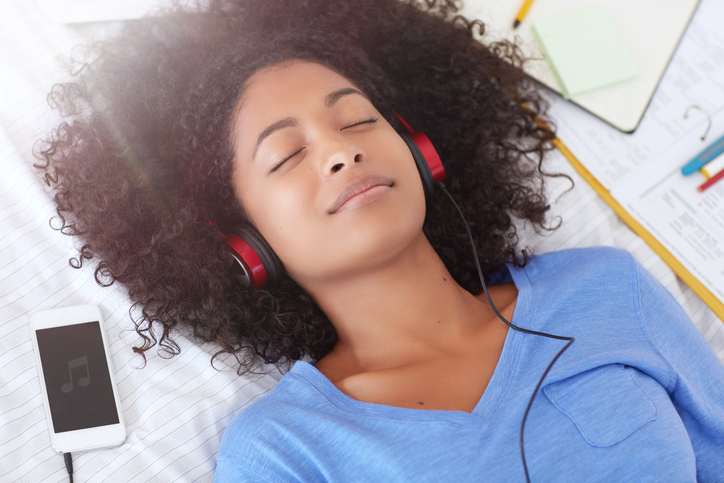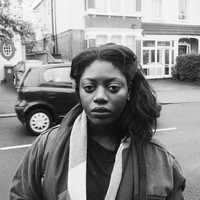Here's Why You Should Try Meditation Apps To Help Manage Your Anxiety
30 March 2017, 15:06 | Updated: 19 November 2018, 16:12

10 minutes a day can go a long way.
There's no magic fix for anxiety. It can be a long process with daily setbacks and challenging lessons to learn. Thankfully, a lot of headway has been made into discovering different methods of managing anxiety. If you're after a practical, low cost, way to manage anxiety every day, meditation is a great place to start.

via Unsplash
First things first. What is meditation?
Meditation, generally, is a technique aimed at calming the mind. It can be used to achieve a variety of positive mental outcomes. People often meditate to help heal emotional scars, tap into an inner consciousness, manage pain, tackle insomnia, and even to address stress and anxiety.
How does meditation help with anxiety?
People with general anxiety often report intrusive and persistently negative thoughts as emotional triggers. Meditating is about slowing those negative thoughts, focusing the mind elsewhere, breathing to achieve calm in the body, and shedding the emotional weight of the day.
Anxiety is not a replacement for medication or professional advice. It can however be extremely useful for anyone who is interested in pursuing simple steps toward daily stress and anxiety management.
How to get started with meditation:
I, personally, am not a meditation expert. I would never be able to guide myself through 10-15 minutes of meditation, so I enlist the help of technology.
My favourite meditation apps are Meditation Studio and Headspace. Meditation Studio is especially great because it gives users a variety of gurus and sorts the guided meditations into different categories (Insomnia, anxiety, pain etc).
When you get a spare 15 minutes, find a comfortable spot, put some headphones in, and follow the instructions of the voice in your ear.

Your guru will often advise you on how to breathe to release tension, what to visualize so you start to feel peaceful, and how to let go of negative thoughts and feelings.
I find that when those little annoyances build up after a long day, winding down the evening with a couple of meditations really helps to dissolve the tension. Personally, when I'm feeling really anxious, I get short of breath and my heart beats right out of my chest. I've found that putting on a guided meditation can help my breathing feel less shallow and help me think about what is making me feel so wound up.
How can I get the most of these meditations?
Finding some quiet time and treating meditation as a step not a cure will go a long way. Consistency, having an open mind, and knowing which issues you most need to address are also the major key.















